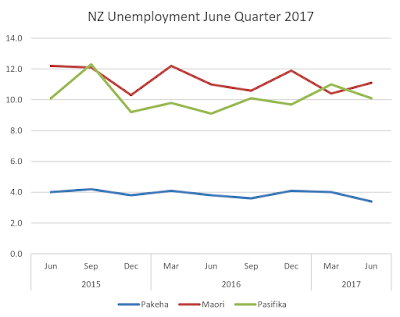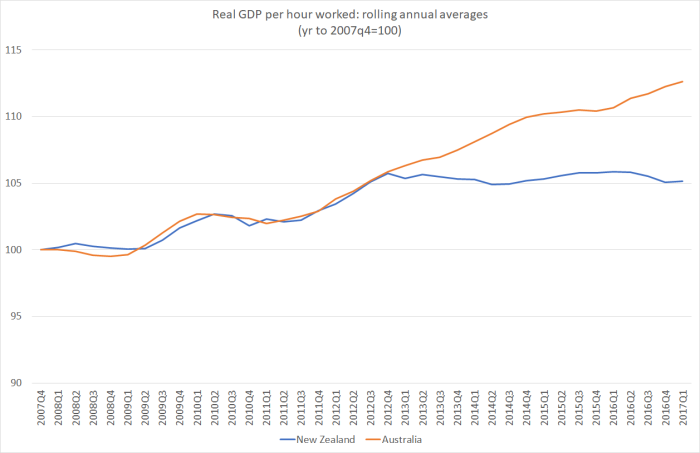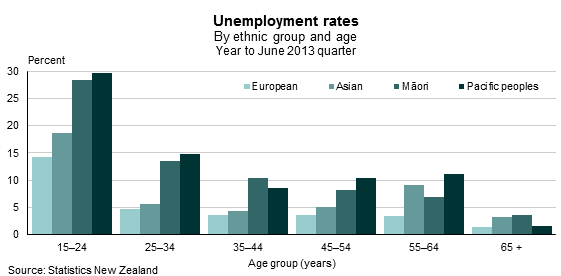Jake: Gee, where did you get those muscles from? Bro, you've been lifting those weights, huh?
Thug: …
Jake: What, you've done lag? Am I right?
Thug: You want to fuck with me?
Jake beats thug
Jake: You should learn to pay your respects. In case you want to know, it's Jake... Jake the Muss.
Cheers
Jake: I was right... too much weights, not enough speed work. Useless prick.
('Once Were Warriors, 1994)
I'm reminded of Mr. Muss' warning of too much weights, not enough speed work by a Radio NZ report on the strength
of the Maori economy...
The Māori economy is doing well. It's estimated to have a shared wealth of $40 billion, with the biggest investments in the fishing, forestry and farming industries.
Yeah yeah, whateva.
The source of this is a financial firm TBD Advisory. In the words of Phil Barry
"Six of the seven iwi are doing really well in terms of their financial investments performance. Ngai Tahu and Ngati Whatua ki Orakei stand out in the last couple of years, but generally it's been a good solid performance."
My Barry has some self-interested advice:
"For any individual it's really important that they look at more independent advice around issues: what are their investment goals, what are their time horizons and what is their appetite for risk? So it will really be a question about tailoring that to each iwi's position."
And I don't disagree. The issue is the default use of Western frameworks for interpreting iwi (authority) 'success': it's a number. A number preceded by a dollar sign, associated with a number followed by a percentage sign which is how much you should 'grow'.
If this system worked, the West would be a marvelous refuge of wealth and stability, rich people would not feel scared (and hide behind barbed wire walls with armed security), and poor people wouldn't sit around the streets of the world's 'richest' cities asking for coins to feed themselves.
Dr. Shaun Awatere along with Craig Pauling talk about this in our video on Indigenous frameworks for managing collective assets:
"The challenge for Māori carrying out development is to determine how to balance the drivers of a neo-liberal economic approach with the very ideals and principles that define us as Māori to ensure quality social and environmental outcomes for future generations."
Link to the short video here:
Whakatipu Rawa Mā Ngā Uri Whakatipu | Media Centre






















